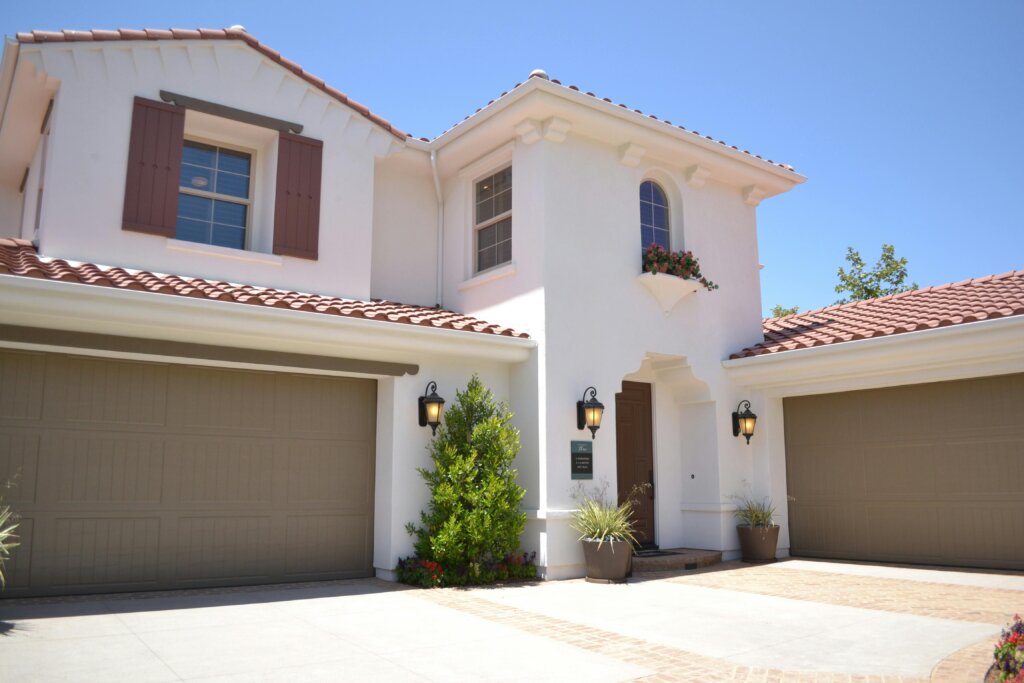
Are Environmental Hazards Putting a Damper on Your Home Sale?
Selling a home is often straightforward, but what happens when your property has environmental hazards? This can be a challenge for homeowners in Columbus, GA. Before you put your house on the market, it’s essential to understand your options and how to overcome these unique hurdles.
Understanding Environmental Hazards
Environmental hazards such as mold, asbestos, radon, or lead-based paint can significantly impact the value of your home and discourage potential buyers. Understanding these hazards, how they affect your property, and necessary disclosure requirements is crucial.
For example, radon is a colorless and odorless gas that can accumulate in homes. Its presence can be alarming to buyers but addressing it through testing and mitigation can ease concerns. The EPA offers detailed guidelines for homeowners dealing with radon which can be found on their website.
Legal Responsibilities
In Georgia, sellers must disclose known defects and hazards to potential buyers. Failure to disclose can result in legal repercussions. It is wise to consult with a real estate attorney or agent familiar with state laws to ensure compliance. The Georgia Department of Law’s Consumer Protection Division also provides resources on real estate disclosure requirements.
Options for Selling
Facing environmental hazards doesn’t mean you have to give up on selling your home. Here are a few options:
- Fix the Issue: Depending on the nature and severity of the hazard, you might choose to address the problem before putting your home on the market. This could potentially increase your home’s value and attract more buyers.
- Sell As-Is: If fixing the issue isn’t feasible, selling the property as-is might be an option. This means you’re transparent with buyers about the existing issues, and they agree to purchase the home despite them. Note that this might limit your pool of interested buyers and affect the final sale price.
- Cash Home Buyers: Consider selling to a cash home buying company. These buyers are often investors who purchase homes in any condition, including those with environmental hazards. They offer quick transactions, alleviating the stress of making repairs or waiting for traditional buyers.
Preparing for Sale
If you decide to fix the issues, ensure you select reputable contractors and keep all documentation of repairs and expenses. This can provide reassurance to potential buyers and can be shared during the disclosure process.
Conclusion
Selling a home with environmental hazards in Columbus, GA, doesn’t have to be a daunting task. By understanding your options and fulfilling your legal obligations, you can navigate this process with greater ease and confidence.
